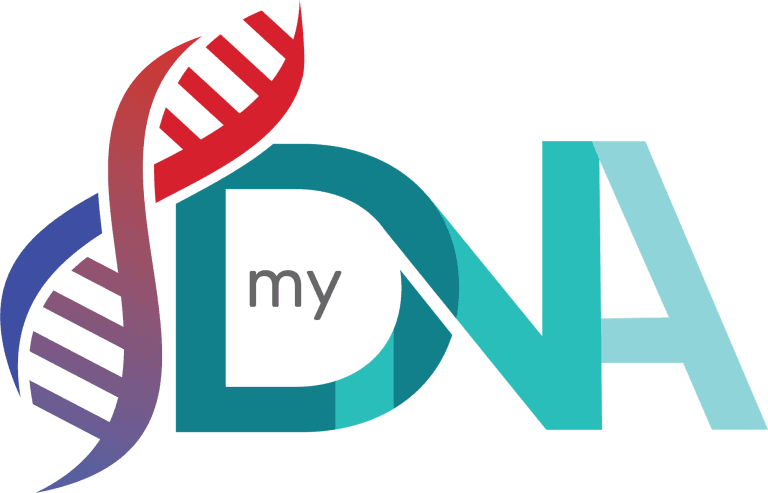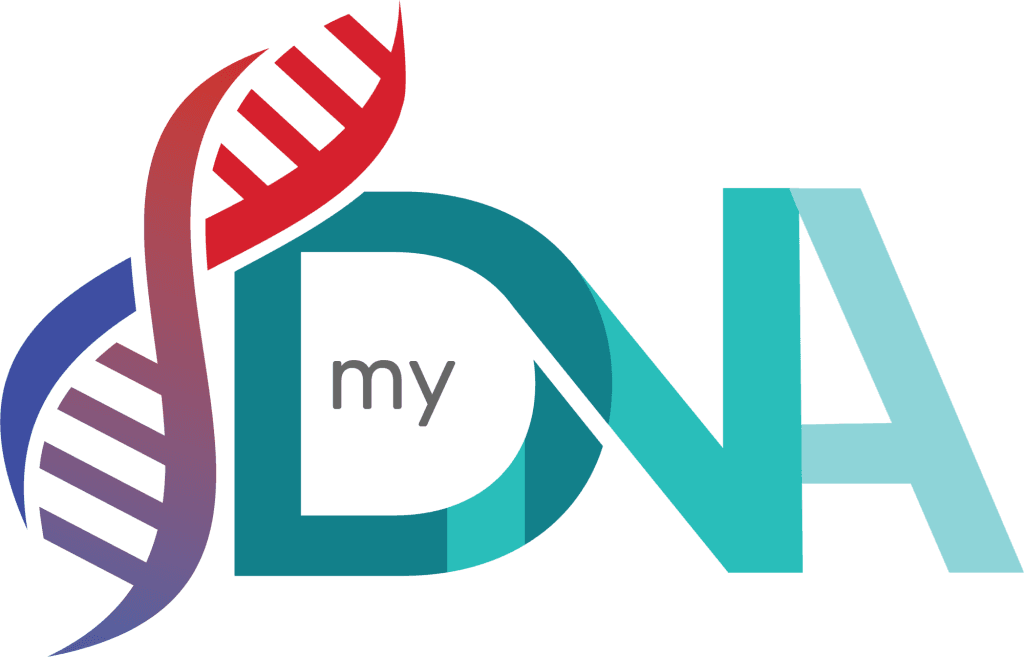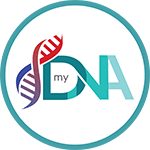How ISO 27001 and PDPA Align
ISO 27001 and Singapore’s PDPA are aligned in their shared objective of protecting personal data and ensuring information security. While the PDPA establishes the legal framework for data protection, ISO 27001 provides the operational framework to implement and manage data security practices. Here are key areas where ISO 27001 aligns with PDPA:
Data Protection and Security Controls
One of the PDPA’s core requirements is the protection of personal data through reasonable security measures. Similarly, ISO 27001 is designed to help organisations implement comprehensive security controls to protect sensitive information.
For example, under the PDPA, organisations must take steps to protect personal data from unauthorised access, use, and disclosure. ISO 27001 provides specific guidelines for implementing access controls, encrypting sensitive data, and securing IT systems. By adopting ISO 27001, organisations can ensure that they meet the PDPA’s requirements for data protection while also following best practices for information security.
The Annex A of ISO 27001 outlines 114 security controls covering physical security, network security, and access management. These controls directly align with the PDPA’s requirement for safeguarding personal data. For instance:
- Access Control (ISO 27001 Control A.9): The PDPA requires organisations to ensure that personal data is only accessible to authorised personnel. ISO 27001 provides specific controls for managing user access, ensuring that only authorised individuals can access sensitive data.
- Encryption (ISO 27001 Control A.10): Organisations are encouraged to encrypt sensitive information to protect personal data. ISO 27001 outlines how encryption should protect data at rest and in transit, helping organisations meet the PDPA’s protection requirement.
Risk Assessment and Management
Both ISO 27001 and the PDPA emphasise the importance of assessing and managing risks to personal data. Under the PDPA, organisations are expected to assess the risks associated with processing personal data and take steps to mitigate those risks. Similarly, ISO 27001 requires organisations to conduct risk assessments to identify potential threats to their information assets and implement appropriate controls to address those risks.
Organisations can proactively identify vulnerabilities in their data protection practices by conducting regular risk assessments as part of their ISO 27001 certification and ensuring that they comply with the PDPA. For example, if an organisation identifies a risk that sensitive personal data could be accessed by unauthorised personnel, it can implement access control measures and encryption to mitigate the risk.
ISO 27001’s risk assessment process helps organisations prioritise their security efforts, focusing on the most significant threats to personal data. This aligns with the PDPA’s requirement to implement appropriate security measures based on the sensitivity of the data being processed.
Incident Management and Data Breach Response
The PDPA requires organisations to respond promptly to data breaches and notify affected individuals and the PDPC in the event of a significant breach. ISO 27001 includes specific guidelines for incident management, helping organisations identify, report, and respond to security incidents effectively.
For example, ISO 27001 Control A.16 focuses on managing information security incidents, including data breaches. Organisations must establish procedures for detecting and responding to security incidents, including notifying relevant stakeholders and minimising the breach’s impact. This aligns with the PDPA’s requirement for timely reporting of data breaches to minimise harm to affected individuals.
ISO 27001-certified organisations will have an established incident response process that allows them to detect breaches quickly, take corrective action, and notify the relevant authorities, ensuring compliance with the PDPA.
Data Retention and Disposal
The PDPA requires organisations to retain personal data only for as long as it is necessary for the purpose for which it was collected. Organisations must establish clear data retention policies and procedures to ensure that personal data is securely deleted or anonymised once it is no longer needed.
ISO 27001 includes specific controls related to data retention and disposal. For example, ISO 27001 Control A.8 requires organisations to manage information assets, including securely disposing of data when it is no longer required. This aligns with the PDPA’s retention limitation principle, helping organisations avoid the unnecessary retention of personal data and reduce the risk of data breaches.
By implementing ISO 27001’s data retention and disposal controls, organisations can ensure that they comply with the PDPA’s requirements for managing personal data throughout its lifecycle.
Accountability and Documentation
The PDPA and ISO 27001 emphasise the importance of accountability in data protection. The PDPA requires organisations to appoint a Data Protection Officer (DPO) to oversee compliance with the Act and ensure that personal data is handled under the law. Similarly, ISO 27001 requires senior management to take responsibility for implementing and maintaining the ISMS.
In addition, both frameworks emphasise the importance of documentation. Under the PDPA, organisations must maintain records of their data protection practices, including consent forms, data protection policies, and records of data breaches. ISO 27001 requires organisations to document their ISMS, including security policies, risk assessments, and incident response procedures.
By aligning their documentation practices with ISO 27001, organisations can ensure they have a clear record of their data protection practices, making it easier to demonstrate compliance with the PDPA during audits or investigations by the PDPC.
Continuous Improvement
Both ISO 27001 and the PDPA promote continuous improvement in data protection. Under the PDPA, organisations must regularly review and update their data protection policies and practices to address emerging risks and ensure ongoing compliance. Similarly, ISO 27001 requires organisations to conduct regular audits, assessments, and reviews to identify areas for improvement in their information security practices.
ISO 27001’s focus on continuous improvement aligns with the PDPA’s requirement for organisations to stay up-to-date with evolving security threats and regulatory requirements. By adopting ISO 27001, organisations can ensure a structured approach to continuously improving their data protection practices, helping them stay compliant with the PDPA over the long term.





